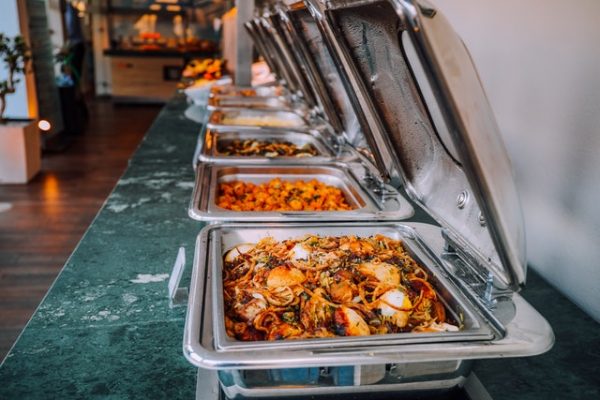
This preparation, traditionally used with quails and partridges, also works well with other wild meats.
Used for centuries as a conservation method, today it is a trend due to the excellence of its results.
A European program launched by ASICCAZA is committed to recovering the presence of wild meat in our shopping cart
Food preservation has been one of the pillars on which gastronomy has developed over the years. Recipes that knew how to respond to the challenge of enjoying a product at its optimal moment of consumption and after that moment.
When the cold chain or the refrigerator were concepts that did not appear in the minds of visionaries, salt or vinegar were the best alternatives.
Conservation techniques have evolved and been perfected over the centuries. From its beginnings, several millennia ago, to our time, pickling has maintained its preservative potential. Thanks to the acidity of vinegar, it has established itself as another technique for cooking food, surviving the passage of time. The secret of the escabeche lies in its potential to combine intensity in the sbaor without modifying the properties of the product.
Proximity guarantee
There are as many ways to make a marinade as there are products to be marinated. Carrots, onions, bay leaf and a good olive oil, wine and vinegar are the base for preserving an infinite number of ingredients. The result of a good marinade is a juicy piece full of aromas. This is one of the main reasons why this preparation has been used with lean meats, whose lack of fat thanks to the fact that slow cooking allows obtaining a juicy bite.
Partridges, quails and, in general, birds, have always been exceptional candidates to star in a pickled preparation. In this way, we can have these delicacies in the pantry for much longer than their properties allow us. Thanks to the versatility of this way of cooking, any wild game meat can increase its longevity by years when pickled. From deer to roe deer, from fallow deer to wild boar, or any hare, rabbit or bird. The wild meats of Europe return to the recipe all the flavor, texture and aroma of its wild origin.


